British International School of Washington Encourages Students To Build Planes
Updated: 2016-09-29 03:11
By China Daily in Washington(chinadaily.com.cn)
|
||||||||
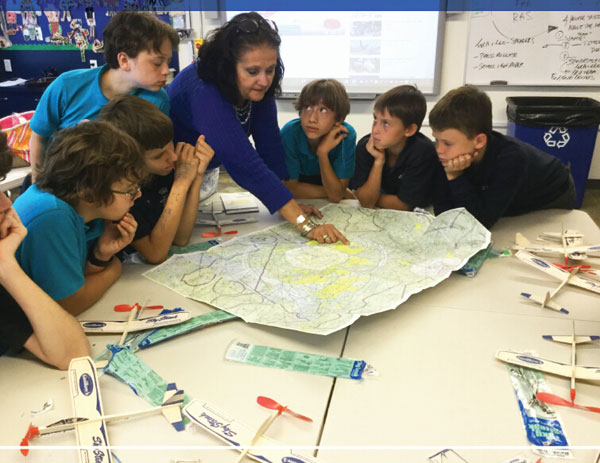 |
|
BISW students are working with Lucia Mencia, pilot air race pilot and architect, in class. Provided to China Daily |
Most students in America are involved in extracurricular activities – from newspaper club to chess club, the majority of schools support student engagement of activities outside of the classroom. However, the British International School of Washington (BISW), part of Hong Kong-based Nord Anglia Education (NAE), is one school that goes a step beyond.

BISW has joined forces with aeronautical nonprofit Build A Plane to create the after-school activity of the year – assembling an actual, life-size airplane, Cessna 172 – four-seats aircraft. This hands-on project will support BISW’s upcoming collaboration with Massachusetts Institution of Technology (MIT), aiming to enhance learning in science, technology, engineering, visual arts and mathematics (STEAM),
Led by Melinda Viteri, primary teacher and board member of the Royal Aeronautical Society, the Build A Plane experience allows for a group of students to sign up and work on building an airplane in one year’s time, on a weekly basis. Actually Build A Plane is the only aeronautical project in Washington. DC that involves youth at such young ages and on regular basis. This exceptional opportunity for our students to “Build A Plane” compliments the reflection of MIT’s philosophy of “Mens et Manus”, mind and hand, which calls for a hands-on approach to problem solving. “There’s going to be a huge shortage of pilots and aviation professionals,” Viteri says. “So it’s our job as a whole to work on each and every student and build the job market.” Students work with engineers and aviation professionals on site to assemble the parts and collaborate together. They also deal with a great amount of responsibility to handle the business aspect, in which they reach out to companies, create business strategies, and coordinating so the parts get in.
Although the Build A Plane experience at BISW is still in its early stages, its concept fits in seamlessly with BISW’s academic mission, which consists of being ambitious, particularly in an international context. BISW’s students take part in the International Baccalaureate (IB), a rigorous academic program of study that incorporates theory, practice, and creativity, keeping a global outlook through all six subjects. According to the head of the IB program at BISW, Gareth Hall, “The world is interconnected, and with that level of interconnectivity, we need students to navigate their way through a variety of cultures – having an understanding of their place in the global society, particularly with the view of being a worker in that society.”
Build A Plane is another avenue in which students at BISW can personalize their education. “I think we can compare it to standardized education, where there’s this assumption that everyone needs to learn the same thing at the same time, and over time they become disenfranchised with their own learning,” says BISW principal, Ian Piper. “With personalized learning, you understand that different kids learn differently.” For BISW, what makes the Build A Plane experience so rewarding is the fact that it is hands-on – students become deeply engaged in the process and will feel excited to see what they’ve made and reflect upon it. BISW encourages students to be unafraid of failure, or rather in terms of Hall, “fail upwardly,” in which failure is a tool utilized to better understand how to succeed in the future.
“The actual process of building this type of hands-on project is transferrable,” Piper says. Important skills such as collaboration and communication are applicable to other parts of the students’ lives. Sam Zimmerman, one of the Build A Plane students, is an example how the interdisciplinatry skills he learns in Build A Plane transfers to other parts of his life. Zimmerman, who actually wants to go into music, says, “I think one of the most challenging parts was working together. There’s about twelve of us, a lot of younger kids, and one of them main problems was how we arrange parts of the plane together.” Ultimately, a holistic approach to learning creatively, particularly in non-traditional subjects, is important for BISW to provide for their students.
Sophia Wu in Washington contributed to the story
- Chongqing police crackdown on telecom fraud
- Expert: China needs a safety makeover
- Treasure hunters taken in by rumor of buried jade
- Deepest rail station coming to Badaling Great Wall
- Look down if you dare: world's most vertigo-inducing glass skywalks
- Boy with leukemia overcomes lonely hospital trips, keeps studying
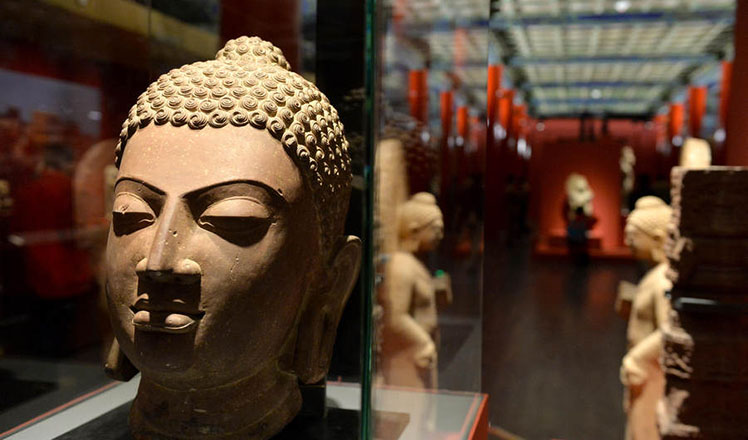
 Chinese and Indian sculptures on display at the Palace Museum in Beijing
Chinese and Indian sculptures on display at the Palace Museum in Beijing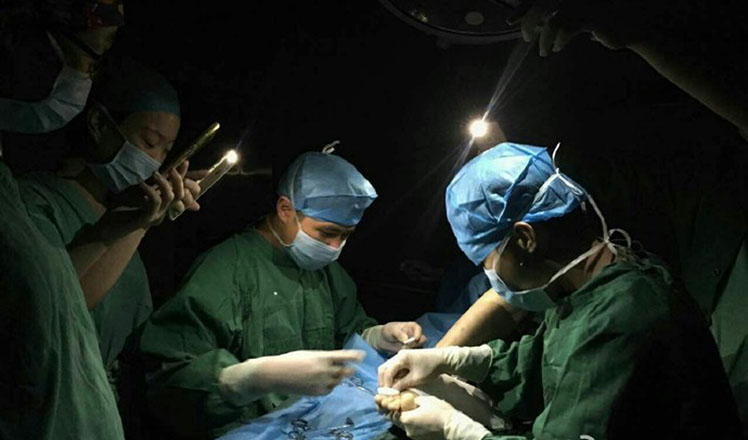
 Rescue work at the typhoon-hit provinces
Rescue work at the typhoon-hit provinces
 Wonderland-like sunrise in East China
Wonderland-like sunrise in East China
 Real life 'Transformer' car turns into robot
Real life 'Transformer' car turns into robot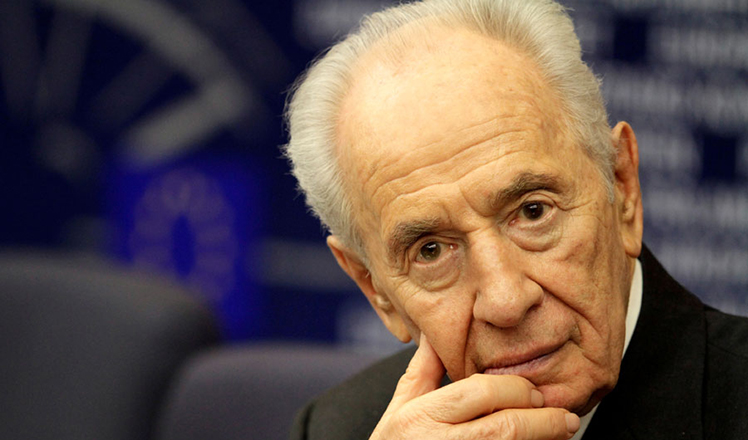
 Israel's ex-president Peres dies at 93
Israel's ex-president Peres dies at 93
 New Mao Zedong's portrait graces Tian'anmen
New Mao Zedong's portrait graces Tian'anmen
 Clinton, Trump go head to head in high stakes presidential debate
Clinton, Trump go head to head in high stakes presidential debate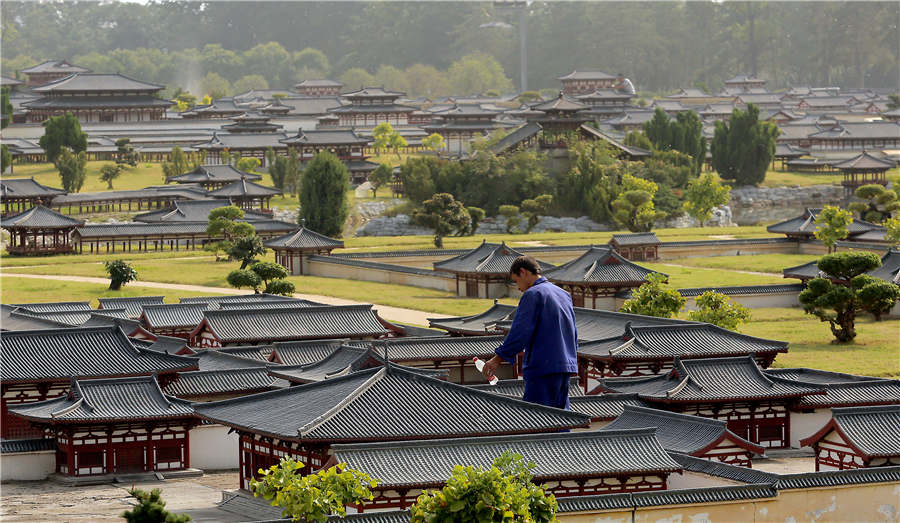
 Miniature replica of Daming Palace shows craftsmanship
Miniature replica of Daming Palace shows craftsmanship
Most Viewed
Editor's Picks

|

|

|

|

|

|
Today's Top News
Trump outlines anti-terror plan, proposing extreme vetting for immigrants
Phelps puts spotlight on cupping
US launches airstrikes against IS targets in Libya's Sirte
Ministry slams US-Korean THAAD deployment
Two police officers shot at protest in Dallas
Abe's blame game reveals his policies failing to get results
Ending wildlife trafficking must be policy priority in Asia
Effects of supply-side reform take time to be seen
US Weekly

|

|







